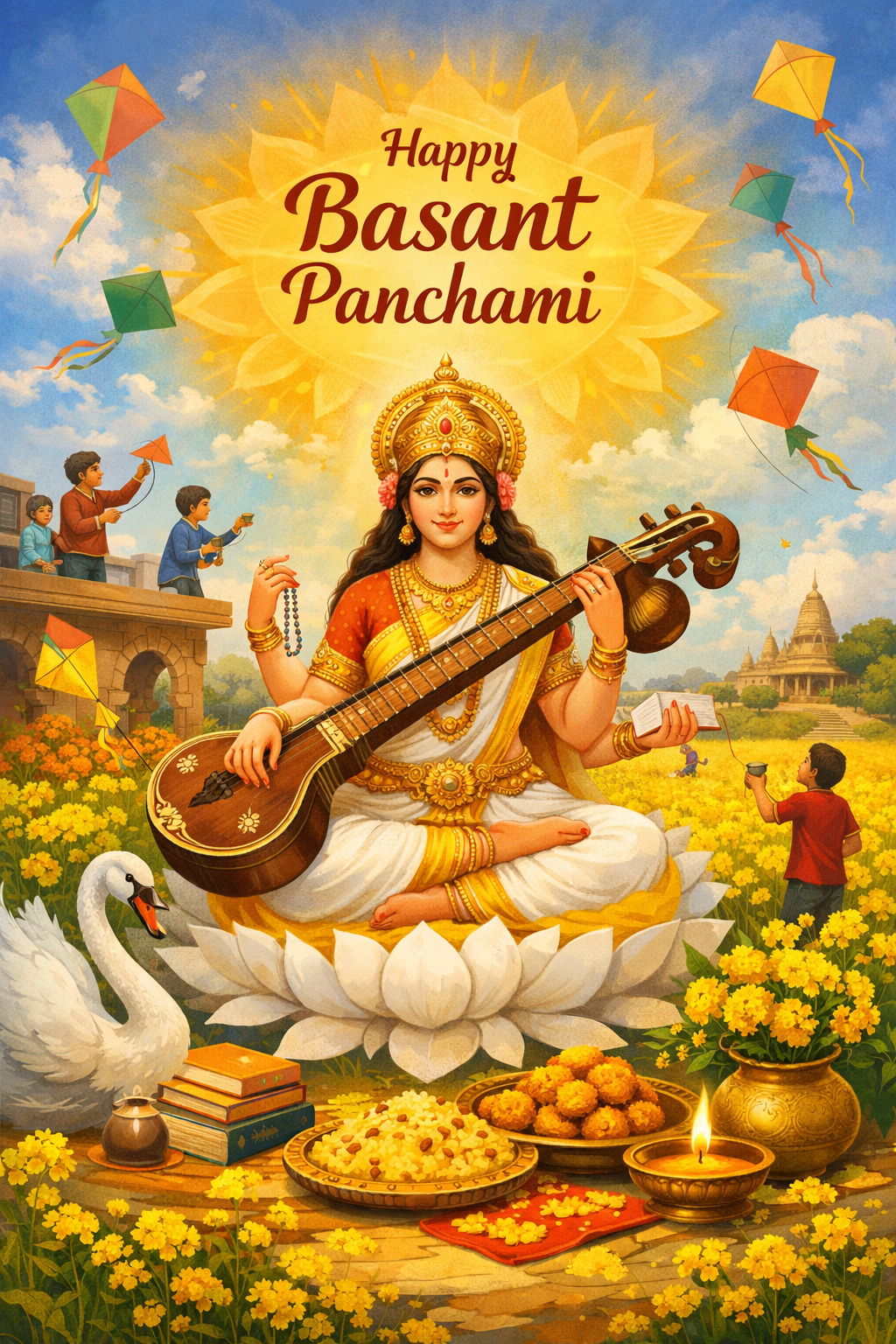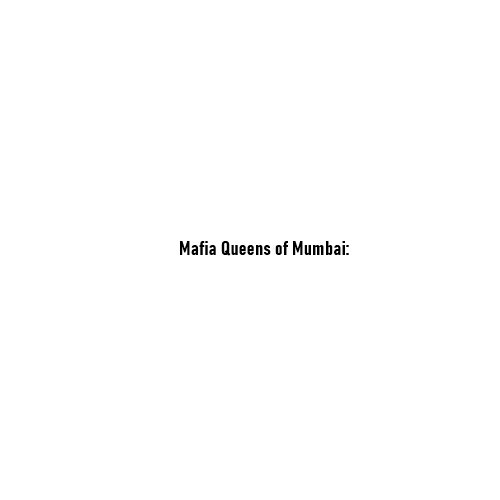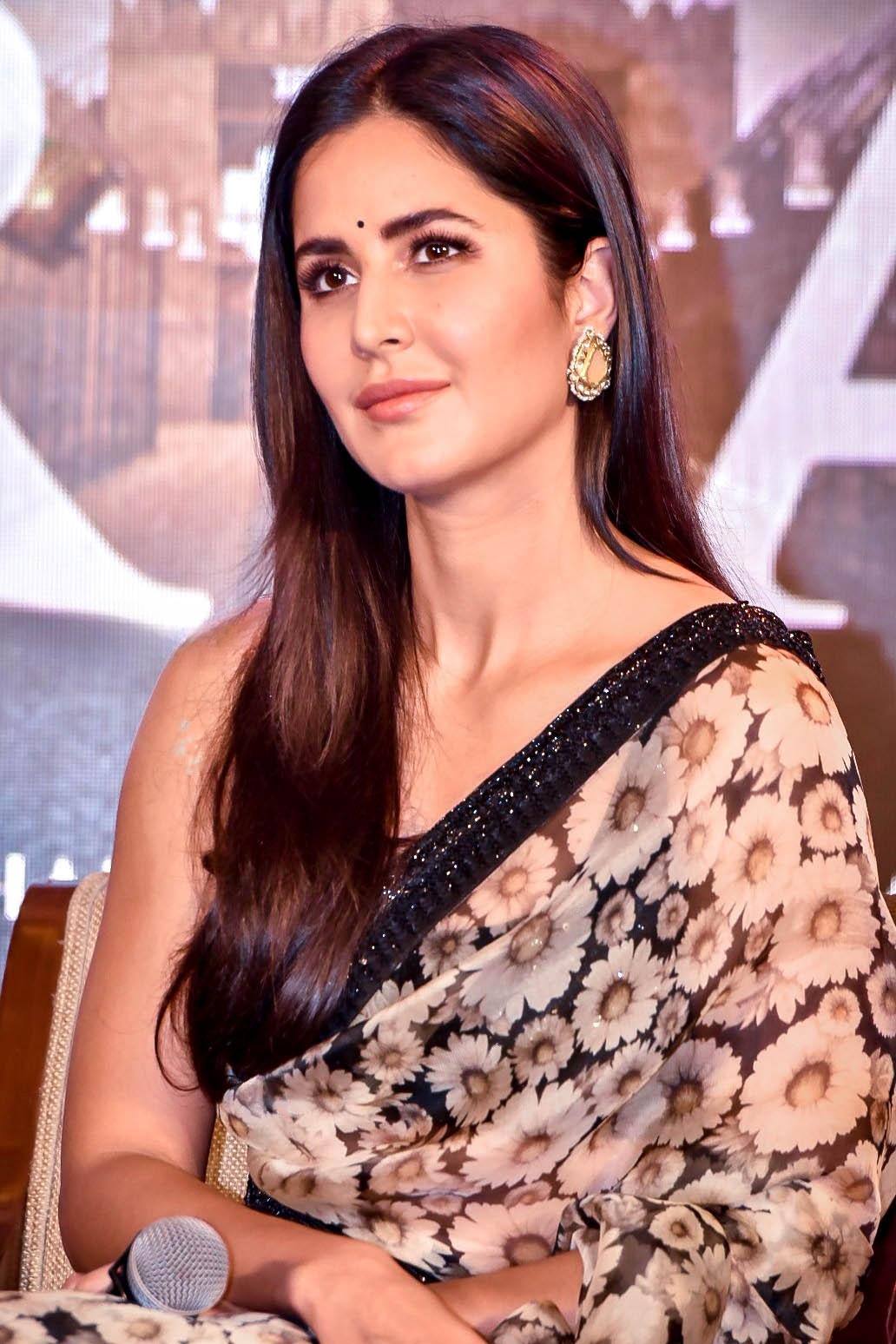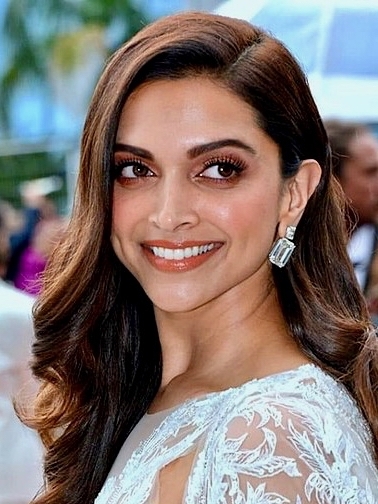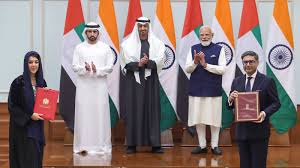Godrej Group: A Comprehensive Overview of Companies Owned by One of India’s Oldest Conglomerates
- in General
The Godrej Group stands as one of India’s most respected and enduring business houses, with a legacy spanning over 125 years. Founded in 1897 by Ardeshir Godrej and Pirojsha Godrej, the group has evolved from…

